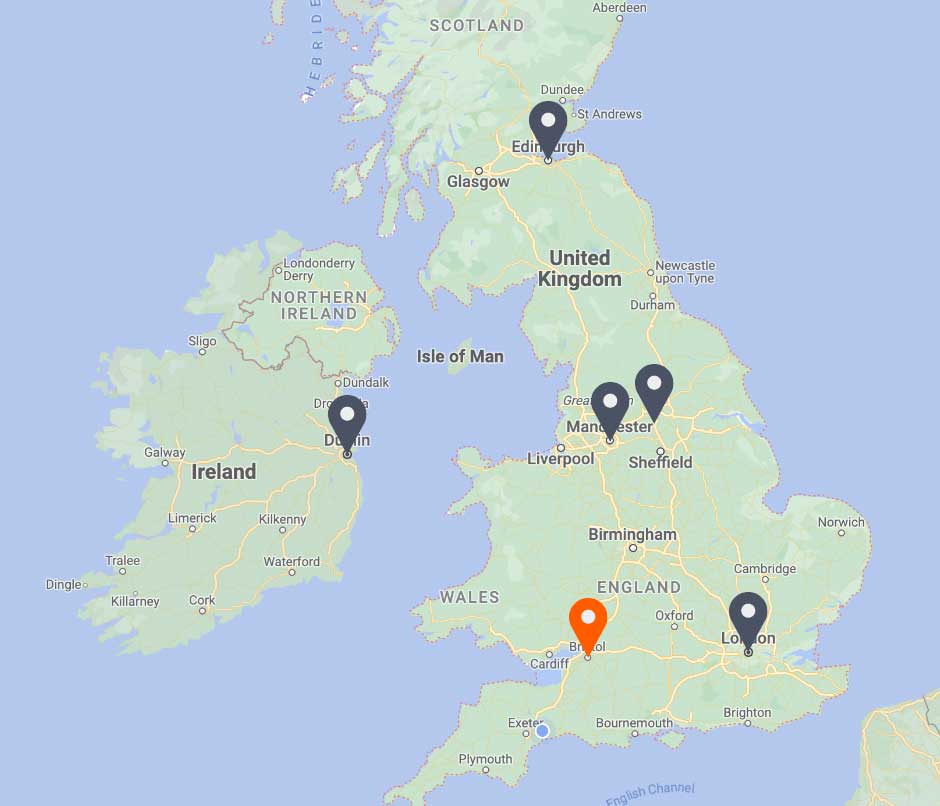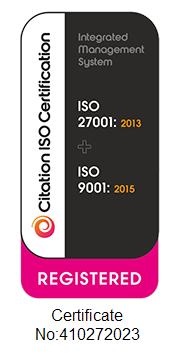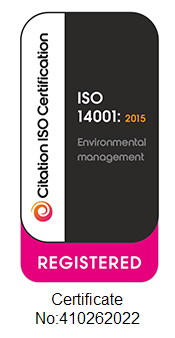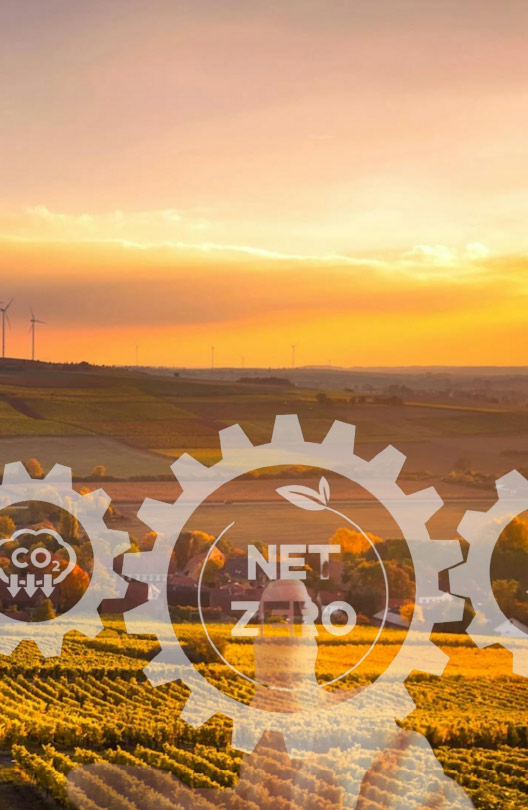THIS ARTICLE AT A GLANCE
CONTACT ETS
If you have any questions or would like to discuss further what you should be doing, ETS is here and willing to help.
Call 0117 205 0542
Email enquiries@energy-ts.com
Submit a contact form
CHECK OUR SERVICES
balancing business environmental needs thats smart energy management

Historically, many businesses have been primarily motivated to maximize profits and never had altruistic reasons to help protect the environment. Now everyone has been placed in a predicament where climate change and environmental degradation has led to unprecedented changes to the planet. This is spurring businesses to become environmentally conscious. However, businesses are reluctant to make that change, in fear that it would affect their main objectives and goals. This is where the problem lies. There is a common misconception that environmental sustainability cannot coexist with other business goals, namely profit maximization and perpetual growth. Businesses need to be made aware that there are proven concepts that integrate environmental means into a business, which can encourage innovation and disrupt the market for the better. Also, it helps a business to remain commercially relevant and resilient against any foreseeable climate-related risks. Therefore, it is upon businesses to find the best balance between business and environmental needs to achieve their goals.
maintaining operational performances of a business through
Smart energy management provides a revolutionary strategy that can complement a business in helping protect the environment and reaching their business objectives and goals. It comprises of monitoring, controlling, optimizing, and maintaining operational performances of a business through
smart technology and software tools. It sets out to optimize operational efficiency and environmental performance, reduce energy usage, carbon emissions and costs, and improve people’s wellbeing. These are examples of smart energy management solutions:
- Building Management Systems (BMS) – A computer-based control system with IoT-enabled, which allows remote access to a fully managed, connected building. This optimizes real-time data insight and control over electrical-consuming equipment and helps find opportunities to reduce energy consumption and costs.
- Internal air quality – With the integration of BMS, one can monitor and assess the internal conditions of a facility such as the levels of CO2, VOCs and particulates. This can not only find opportunities to reduce these pollutants but also mitigate public health risk.
- The deployment of on-site smart energy technologies and storage such as solar PV – Generating decentralized and renewable energy can help a business to be less dependent on the national grid and reduce energy costs.
Overall smart energy management ensure that a business can fulfil its needs whilst recognizing the importance of the environment and the planet. Such that, this is the perfect moment for any business to be part of and implement as it can only get better.
Final thoughts
At ETS, we strongly value the importance of environmentalism and sustainability. We can help integrate it into your business whilst helping you pursue your business objectives and goals. With the use of legacy systems and a suite of bespoke smart energy management solutions, our team can facilitate and provide you with the assistance to ensuring that there is effective change and balance.
To discuss your requirements, get in touch. You can contact us by calling 0117 205 0542 or drop us an email at enquiries@energy-ts.com.
Related Article
8 Ways Businesses Can Reduce Energy Use in the Workplace This Winter
Discover how to comply with ESOS Phase 4 and unlock energy-saving opportunities for your business. This guide explains the requirements, highlights key deadlines, and provides actionable strategies. Learn how energy audits, tailored action plans, and expert support can reduce costs, improve efficiency, and align your organisation with sustainability goals.
ESOS Action Planning: Complying with Phase 4 and Implementing Energy Saving Strategies
Discover how to comply with ESOS Phase 4 and unlock energy-saving opportunities for your business. This guide explains the requirements, highlights key deadlines, and provides actionable strategies. Learn how energy audits, tailored action plans, and expert support can reduce costs, improve efficiency, and align your organisation with sustainability goals.
Important Update: What You Need to Know about ESOS Phase 3
Time is ticking for the ESOS Phase 3 deadline. The Environment Agency announced that the reporting system is available now. For organisations qualifying for ESOS Phase 3, the deadline for submitting a compliance notification is 5 June 2024, and organisations should still look to meet this compliance notification deadline where possible.










































































